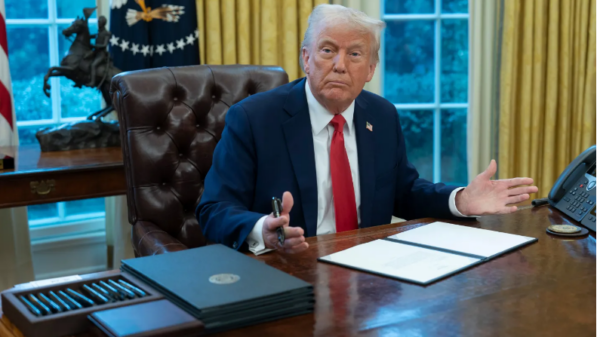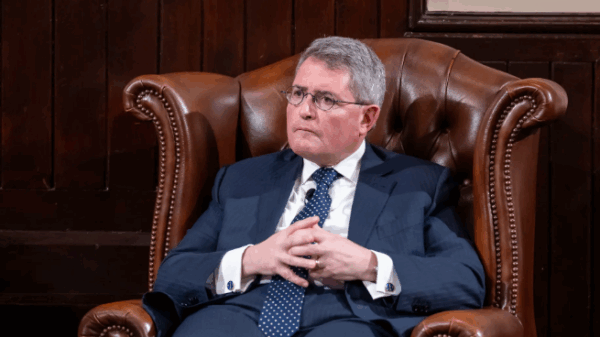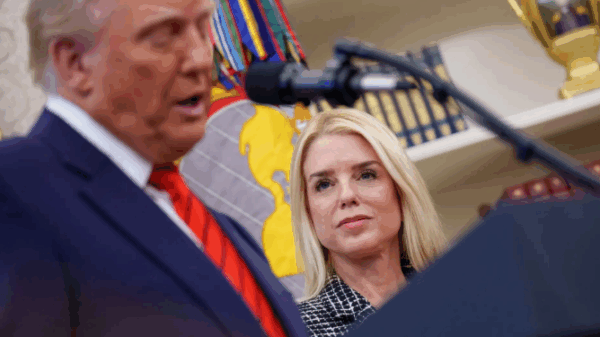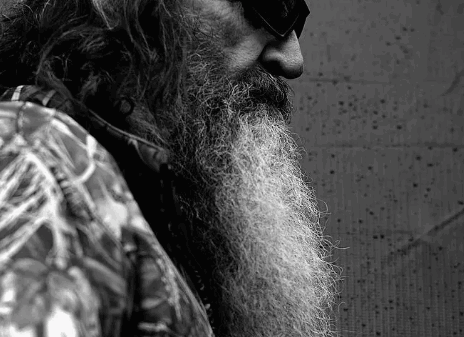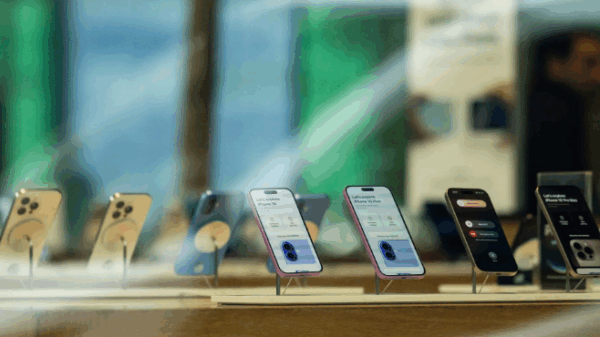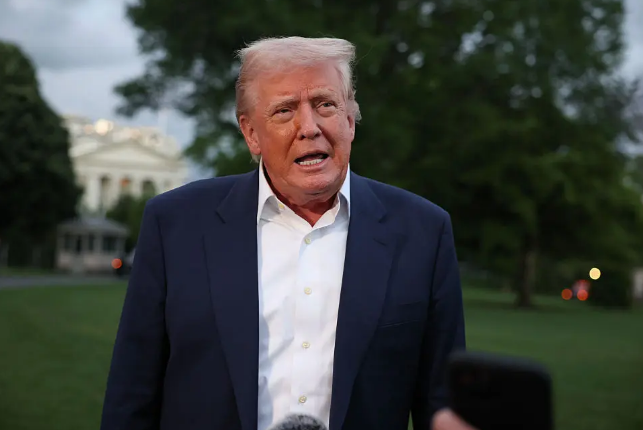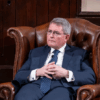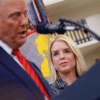Former President Donald Trump is facing growing public and political scrutiny over the state of the U.S. economy, as market volatility, declining consumer confidence, and looming recession fears converge during his second term in office.
Though Trump has long portrayed himself as a shrewd businessman capable of steering the nation’s economy, recent data suggests that public patience is wearing thin. According to a new NPR-PBS-Marist poll, 60% of Americans now attribute the current economic challenges to Trump’s policies—an unusually high figure for a sitting president. For comparison, just 14% of voters blamed President Barack Obama for the state of the economy during the Great Recession at a similar point in his first term.
The markets have reacted sharply in recent weeks. On Monday, the Dow Jones Industrial Average opened nearly 6% lower than on Trump’s first full day in office, following a series of erratic policy shifts. A global tariff regime, escalating trade tensions with China, and hints of abrupt reversals have rattled investors and added uncertainty to an already fragile economic landscape.
Last week, the Commerce Department reported that the U.S. economy shrank in the first quarter of the year—a period before Trump’s most recent tariff threats took effect. Despite the timing, Trump declined to accept any responsibility, instead blaming his predecessor, Joe Biden. “This is Biden,” Trump said during a Cabinet meeting. “You can even say the next quarter is sort of Biden.”
In public appearances, Trump has attempted to distinguish between what he calls “good” and “bad” parts of the economy, laying the blame for any downturn on Biden-era policies or Federal Reserve Chair Jerome Powell. But as consumer confidence continues to fall—now reportedly lower than during the 2008 financial crisis—voters appear increasingly unconvinced.
On NBC’s Meet the Press last Friday, Trump was pressed on whether he would accept a recession as a necessary consequence of long-term economic reform. He avoided a direct answer, instead calling the current situation a “transition period” and insisting that “we’re going to do fantastically.” When asked if a recession was coming, he responded, “Anything can happen.”
Economists say recessions rarely arrive without warning, often emerging from declining consumer sentiment and uncertainty—two factors now dominating the national mood. With consumers accounting for roughly 70% of economic activity, their caution could have outsized effects.
Trump’s presidency has always leaned heavily on performance and perception. But as financial pressure mounts and Americans begin to tighten their belts, the reality behind the rhetoric is becoming harder to ignore. Having reclaimed the White House, Trump now finds himself fully accountable for the economic storm many voters believe he helped create.





